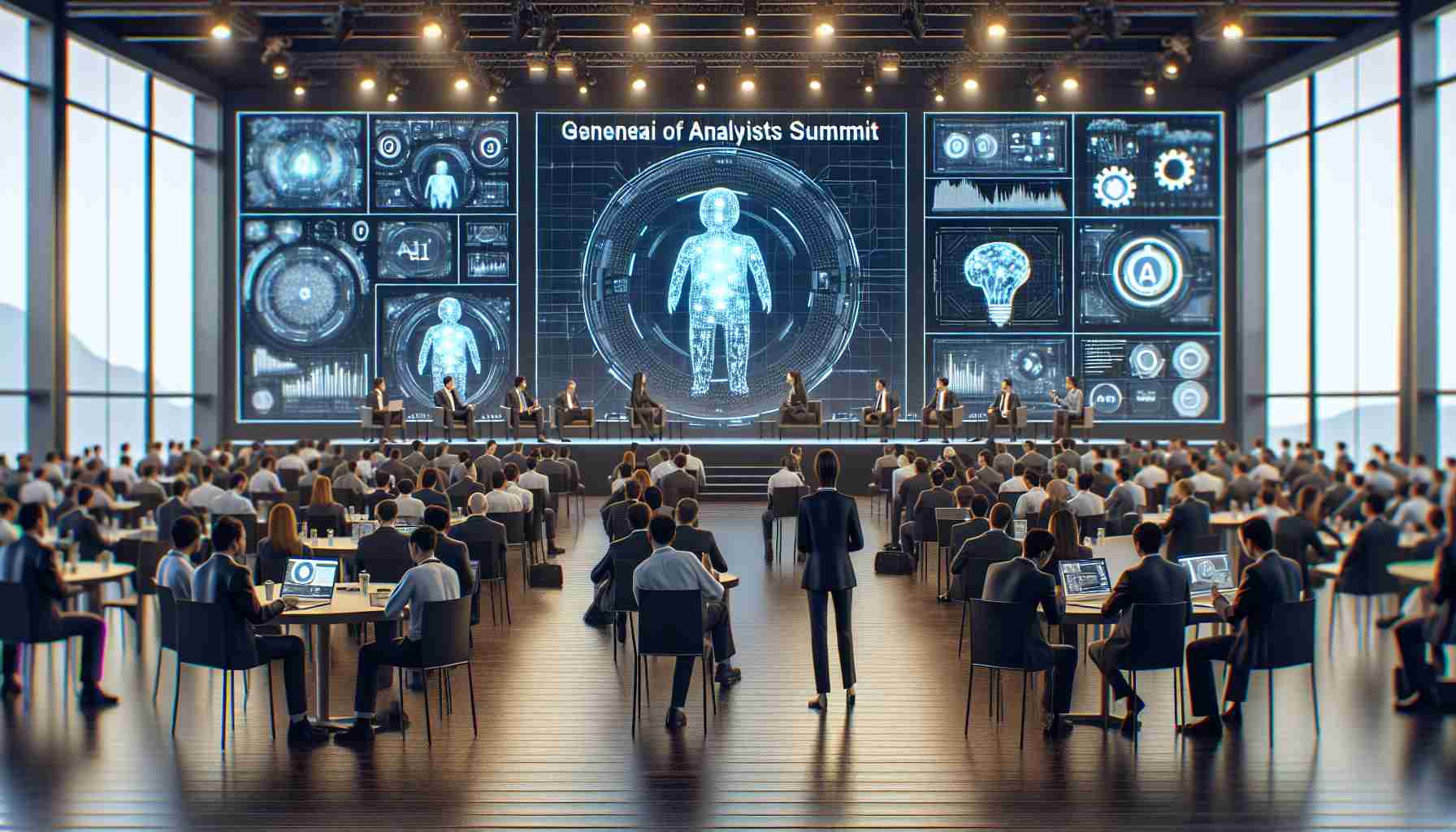Doha’s recent Huawei Analyst Summit was a melting pot of ideas, where over 500 global experts converged to decipher the role of artificial intelligence (AI) in reshaping business and services. The 21st edition of this influential summit threw the spotlight on how the intertwining of AI with the likes of 5G and cloud technology can unlock unprecedented potential for various industries.
During this event, Huawei’s Deputy Chairman and Rotating Chairman, Eric Xu, put forth an inspiring vision in his keynote. He spoke about how Huawei intends to embed AI deeper into their business fabric, stressing on partnerships and customer collaborations as key to this journey. The accomplishments he spun tales of all bore one common thread: sustainable, green advancement within the tech domain, attuned to minimizing environmental footprints.
Xu did not hold back in sharing Huawei’s blueprint for 2024, laying out a strategic map emphasized on seizing AI opportunities and promoting the company’s ‘All Intelligence’ doctrine. This strategy promises to push AI to the forefront of Huawei’s innovations, simultaneously nurturing healthy ecosystems that ensure collective prosperity.
Huawei’s ambitions don’t end there; they are geared up to support diverse sectors in adopting advanced intelligence services. With their Ascend cloud platform and Pangu models, Huawei is meticulously crafting AI solutions that are customized to industry-specific challenges.
Dr. Zhou Hong, the luminary leading Huawei’s Institute of Strategic Research, expounded on Huawei’s vision for a world permeated with intelligence. He painted a picture of a future, just two decades away, that promises a radical transformation of our interaction with technology and nature, ushering us into an era of digital enlightenment.
Relevant Facts:
1. Artificial intelligence integration is becoming crucial across various sectors, including healthcare, finance, automotive, and more. AI is not just a buzzword but a driver of genuine innovation and efficiency.
2. Huawei is a leading global provider of information and communication technology (ICT) infrastructure and smart devices, and its investment in AI is indicative of industry trends as major tech companies increasingly focus on integrating AI in their offerings.
3. These advancements are concurrent with significant progress in other high technologies like the Internet of Things (IoT), big data analytics, and edge computing, which all play synergistic roles in enabling sophisticated AI applications.
4. The discussion of AI raises pertinent ethical issues, such as the potential for job displacement, privacy concerns, and the need for guidelines to prevent biases in AI algorithms.
Important Questions and Answers:
– What are the key challenges associated with AI integration?
Challenges of AI integration include ensuring data privacy and security, dealing with the potential for unemployment due to automation, overcoming biases in AI algorithms, and managing the integration of AI with existing systems and processes.
– Are there any controversies associated with Huawei’s AI integration strategy?
Huawei has faced controversies, mainly due to concerns raised by various governments over data security and allegations of the company’s ties with the Chinese government, raising questions about the potential misuse of data processed through their technologies.
Advantages and Disadvantages:
Advantages
– Huawei’s AI integration can lead to more efficient operations, cost reduction, and improved customer experiences across various industries.
– AI has the potential to solve complex problems by analyzing vast amounts of data quickly, leading to breakthroughs in fields such as healthcare and environmental conservation.
– By promoting the ‘All Intelligence’ concept, Huawei supports creating ecosystems that may accelerate innovation and technological advancement.
Disadvantages
– AI integration may lead to job displacement as certain tasks become automated, causing economic and social disruption.
– With the centralization of data, there are heightened risks of data privacy infringement and potential abuse.
– The global reach of companies like Huawei and the integration of AI with essential public services amplify concerns about national security and data sovereignty.
Related links:
– For further understanding of AI and its global impact, follow this link: Huawei
– Explore the evolution of ICT and smart devices through Huawei’s main domain: Huawei
AI’s integration into various aspects of business operations and services clearly shows that we are entering a new era of technology where AI will play a central role in innovation and problem-solving. However, the journey toward this intelligent future is not without its obstacles, and companies like Huawei will need to navigate these challenges while maximizing the benefits that AI can offer.
